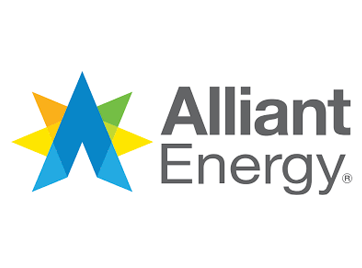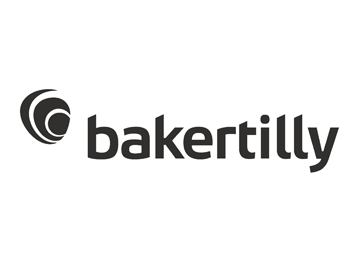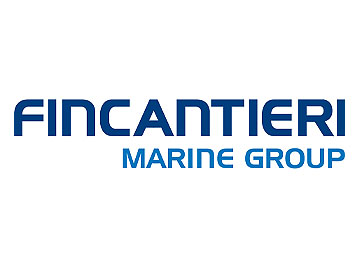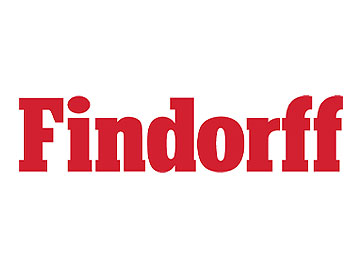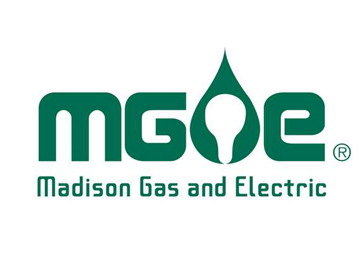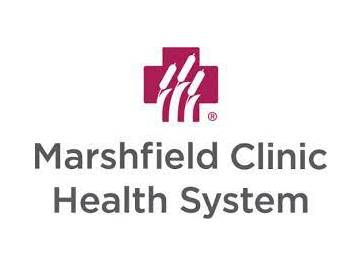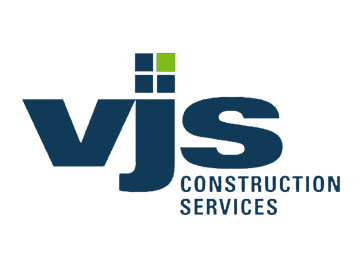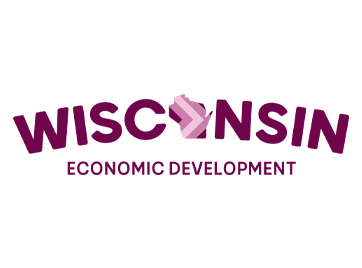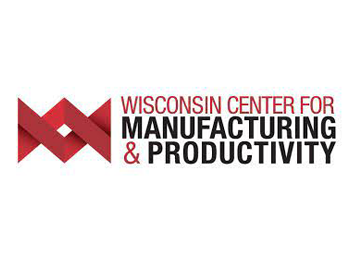WEDA Legislative Update
On July 3, Governor Tony Evers – after issuing 78 vetoes – signed the 2019-21 state budget bill into law. The two-year, $82 billion spending plan included a handful of initiatives to help boost economic development. More important was what was removed from the bill during the budget process, including a proposal that would have significantly diminished the value and use of TIF across Wisconsin.

Now that the state budget has been signed, sealed and delivered, the Legislature will hopefully turn their attention to other pressing matters, including proposals to address the state’s workforce shortage, incentivize the development of workforce housing and strengthen key economic development tools.
In fact, the WEDA Government Affairs Team is working on the following initiatives as we head into fall:
Transportation Economic Assistance (TEA) Grant Bill (SB 319/AB 343) –
For over 30 years, the TEA Grant program, which is administered by the WI Department of Transportation (DOT), has provided funding for transportation improvements critical to economic development and has helped retain and create thousands of jobs in communities across the state. In fact, the program has awarded funding to projects that have created 27,000 new jobs and retained more than 19,000 jobs..
This important economic development program was recently weakened when the DOT conducted a legal review of the program and determined they did not possess the statutory authority to provide grant funding for jobs retained – and going forward could only support projects that create new jobs. Not only did this change of course diminish the value of the program, it disregards the importance of job retention in maintaining vibrant communities.
SB 319/AB 343 will restore the TEA Grant program’s long history of awarding project funds for both job creation and job retention. The legislation has broad bipartisan support and will receive a public hearing next month before both the Senate and Assembly Transportation Committees.
Opportunity Zone Enhancement Act – In 2017, Congress enacted the federal Opportunity Zone Program to help drive long-term private capital to economically challenged rural and urban communities across the country. Each state has designated a set number Opportunity Zones into which private investment can flow through Opportunity Funds – a new private investment tool authorized to invest in Opportunity Zone projects. Wisconsin has 120 Opportunity Zones.
Investors realize the following tax benefits if they reinvest unrealized capital gains into an Opportunity Fund: 1.) Deferral of capital gains tax until 2026; 2.) Reduction of original capital gains tax by 10% after 5 years, and by 15% after 7 years; and 3.) A permanent exclusion from taxable income of capital gains from the investment in an Opportunity Fund. Last session, Wisconsin incorporated the federal tax provisions related to Opportunity Zones into state law;
WEDA’s proposed legislation would double the Opportunity Zone tax incentives at the state level for Wisconsin investors who invest In Opportunity Funds that in-turn hold at least 90% of their assets in Wisconsin Opportunity Zone property. The bill will help drive much-needed, long-term investments to communities across Wisconsin.
The legislation was redrafted to incorporate a handful of necessary technical modifications recommended by industry tax experts and should be ready for introduction and further consideration by the Legislature next month.
Workforce Housing Development Tax Incentive – Communities across Wisconsin are dealing with a growing rental and workforce housing shortage, which negatively impacts talent attraction efforts and stalls economic growth. WEDA is working on legislation that would help encourage the development of workforce housing by creating a sales tax exemption on building equipment and supplies purchased to construct workforce housing. The legislation should be introduced by early fall.
The WEDA Government Affairs Team is also working with stakeholders on a number of other potential workforce housing initiatives, including:
- Extending the current law TIF “housing improvement extension” from one year to two years.
- Increasing the percentage of residential use allowed in a mixed-use TIF.
- Creating a transferable tax credit for the construction of workforce housing.
If you have any legislative-related questions or would like additional information on WEDA’s advocacy efforts, please contact WEDA Legislative Affairs Director Michael Welsh at mwelsh@weda.org.


